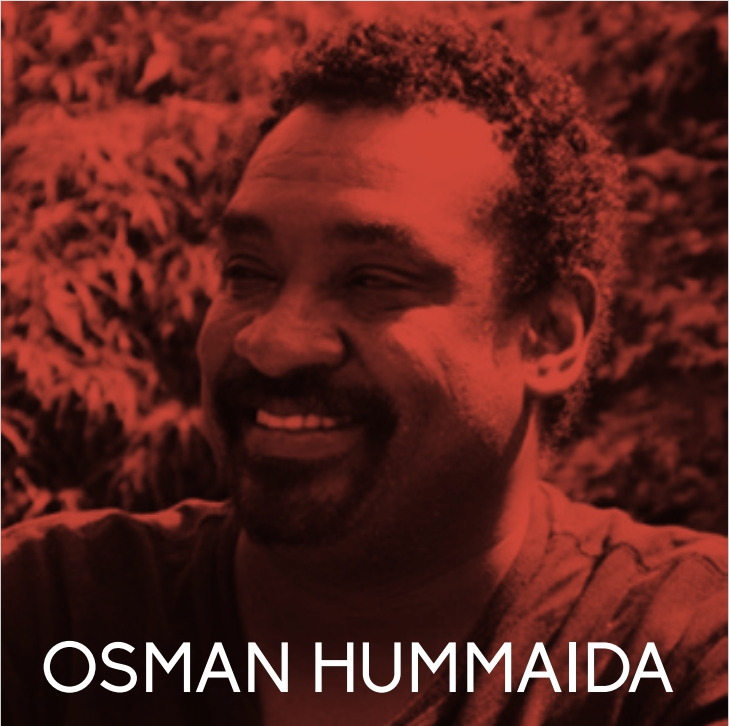ACHPR: Urge AU Member States to End Restrictions on Human Rights Work
The African Commission on Human and Peoples’ Rights should urge AU member states to end all practices which threaten the fundamental rights of human rights defenders in Africa or which unjustifiably impede their work, the East and Horn of Africa Human Rights Defenders Project recommended in a statement to the 49th ordinary session of the Commission. The Commission’s bi-annual meetings opened today in Banjul, The Gambia.
In his opening remarks to the Commission, Mr. Hassan Shire Sheikh, executive director of EHAHRDP, drew the commissioners’ attention to key thematic and regional human rights issues concerning the East and Horn of Africa, and presented a summary of EHAHRDP’s bi-annual report to the Commission.
Over the past six months, the sub-region has continued to see a close connection between the holding of elections and the situation of human rights. Ugandan journalists reporting on the presidential elections in February faced physical attacks, intimidation, police interrogation, criminal charges and legal challenges, while in Tanzania, two newspapers received an official warning and were threatened with a ban if they continued to “tarnish” the country’s reputation. In Djibouti, demonstrations were banned in the months preceding presidential elections and an observation mission expelled from the country.
A second trend identified by EHAHRDP is the use of legal measures to harass human rights defenders. In Rwanda, two journalists were jailed in February, and in Burundi, online editor Jean-Claude Kavumbagu awaits the verdict in his trial on treason charges. The detention of Kenyan human rights defender Al-Amin Kimathi in Uganda on terrorism charges after his attempt to observe a hearing of terrorism suspects in September 2010 is in clear violation of international standards and sets a worrying example.
Mr Shire also spoke about certain groups of human rights defenders, such as defenders working in conflict zones, journalists, women human rights defenders and LGBTI human rights defenders, who face specific threats as they carry out their human rights work. The murder of Ugandan LGBTI activist, David Kato, in January highlights the very grave dangers faced by sexual minorities in Africa, not just from the state, but also from other groups and individuals. The Commission should publicly condemn the continuing harassment and discrimination of LGBTI persons and integrate LGBTI rights groups at the Commission, notably by accrediting the Coalition of African Lesbians.
“The shocking murders of David Kato and other LGBTI activists on the continent should be a wake-up call to the African Commission. They must show their commitment to the universality of the Charter rights by allowing LGBTI groups a voice at the Commission as a matter of urgency.”
EHAHRDP’s full report is available on the website: http://defenddefenders.huridocs.org.
For more information please contact Mr. Hassan Shire Sheikh, Executive Director of EHAHRDP on +220 364 8185 or +256 772 753 753, or Ms. Rachel Nicholson, Advocacy Officer on +220 710 6709.

